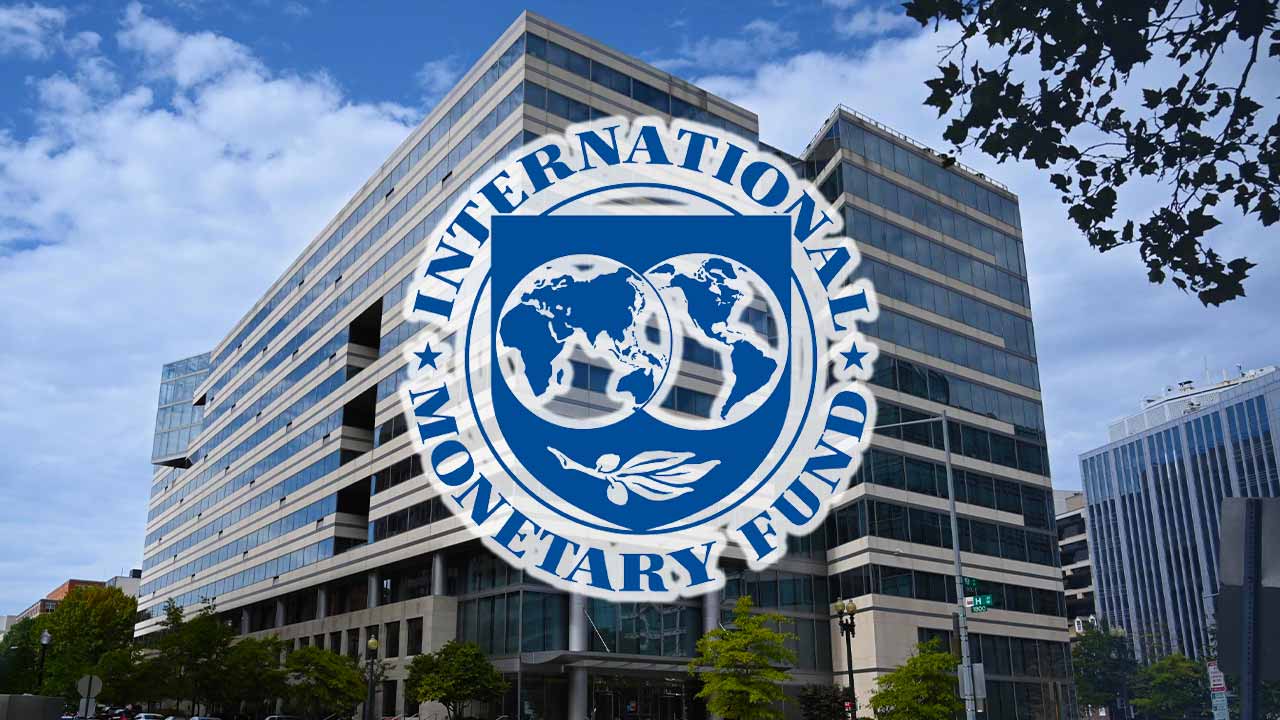
After IMF deal, Ghana faces high-stakes debt talks [Business Africa]
Ghana has sought assistance from the International Monetary Fund (IMF) a total of 17 times since gaining independence. This averages out to about once every four years.
While obtaining a bailout package from the IMF was relatively straightforward this time, Ghana’s leaders still face significant challenges in convincing creditors to grant them over $22 billion in debt relief. One major obstacle is the fact that a considerable portion of Ghana’s external debt is held by private lenders who expect full repayment.
Commercial lenders, including bondholders, hold 76% of Ghana’s external debt. Multilateral development banks, the Paris Club, and China also hold substantial portions of the country’s debt.
Ghana’s default status further complicates negotiations for debt relief, with bondholders particularly hesitant to make concessions. Additionally, the geopolitical aspects surrounding debt create additional complexities.
Professor Theophilus Acheampong, an economist and visiting Senior Fellow at the Africa Policy Research Institute, provides insights into the intricate debt restructuring discussions between Accra (Ghana’s capital) and its creditors.

